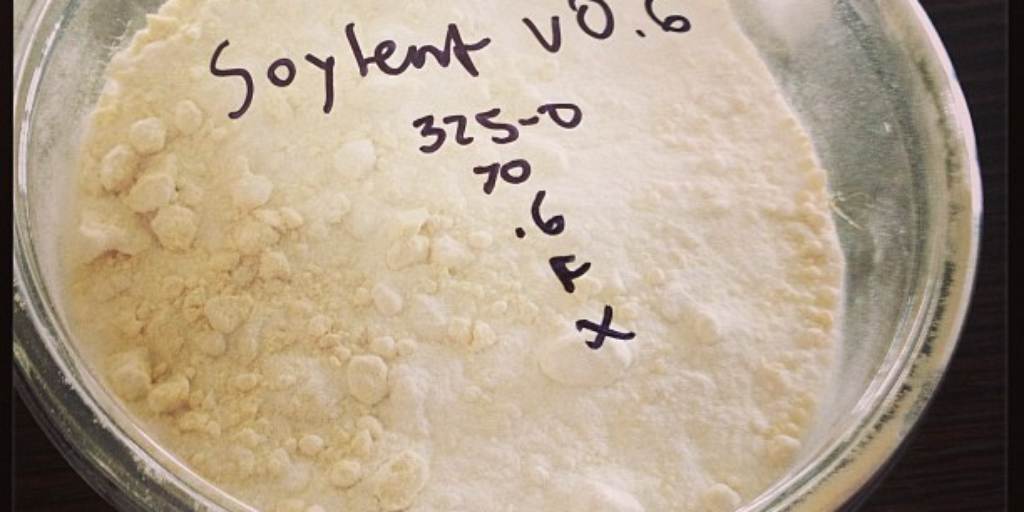Rob Rhinehart’s Soylent is a tougher sell in developed countries with endless food magazines and cooking shows, though those chugging Red Bulls and wolfing down Devil Dogs shouldn’t look askance at the meal-replacement beverage. The beverage would seem to hold special promise as a sustenance provider in places where scarcity still reigns supreme.
Two excerpts follow from Tom Braithwaite’s smart Financial Times profile of Rhinehart, who somehow manages to live off the grid while living in Los Angeles.
Rhinehart is convinced we will start to abandon three meals a day and instead sip functional foods whenever we need to. “Being wrapped up in breakfast, lunch, dinner came from an agricultural society and the industrial revolution. We don’t work on farms, we don’t work on assembly lines and I don’t think we should eat like we do. I think people will switch to eating when hungry rather than eating on a schedule.”
He stresses this does not mean the end of eating for pleasure. “You get home from work, you’re not in the mood to cook or you’re running out the door in the morning, you don’t have time, but then Friday or Saturday night rolls around and you want to go out with your friends. That’s what I think we’ll move towards.”•
One foot in the future and one foot in the past seems to sum up Rhinehart. His latest project is building a home in Los Angeles, off the grid. This is surprisingly possible in one of the world’s most urban environments. He found disused land in an unfashionable part of town and plonked a shipping container in it, which he now lives in.
This might be eccentric but it’s not a millionaire’s whimsy. The land was cheap because it is not served by electricity or water; the shipping container was $1,500. Rhinehart proudly says he is not wealthy — whatever his paper worth, he draws a fairly modest salary.
“Do you wanna see a picture?” he says, passing me his phone. “The only drawback is the area’s still a little rough, so it got graffitied.”
The container’s power is solar-generated. Of course there is no need for a kitchen. Rhinehart is currently relying on a “Porta Potty” but has hopes for advances in new toilets that vaporise waste. He once tried to save water by taking an antibiotic to minimise trips to the toilet. “I massacred my gut bacteria,” he wrote in his blog.•



